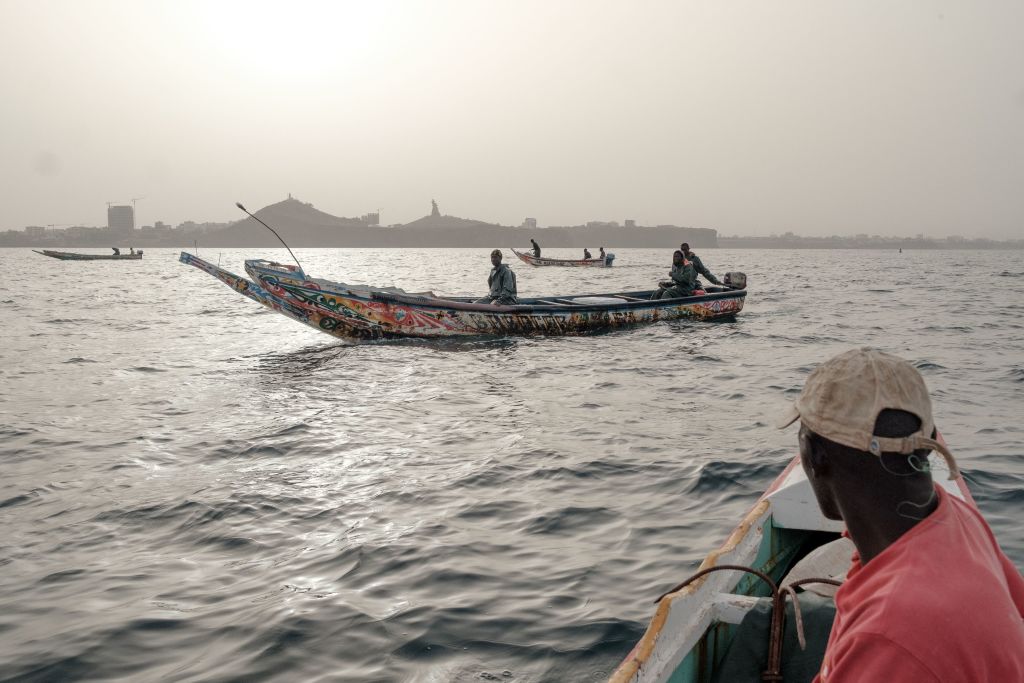ADF STAFF
Africa loses about 100,000 tons of fish every year to illegal unreported and unregulated (IUU) fishing. A new report by the Financial Transparency Coalition (FTC) puts a price tag on the continent’s illegally caught fish at almost $11.5 billion annually.
The study found that one-third of vessels engaged in illegal fishing in Africa are Chinese, while vessels from many other countries also use elaborate schemes to fish illegally on the continent. According to the coalition, eight of the world’s top 10 companies involved in IUU fishing are from China; the others are from Colombia and Spain.
“Illegal fishing is a massive industry directly threatening the livelihoods of millions of people across the world, especially [those] living in poor coastal communities in developing countries” already affected by COVID-19, cost of living and other factors, Matti Kohonen, one of the report’s authors and the executive director of the FTC, told The Guardian.
The report highlights that few countries have information about a vessel’s owners when it is registered or applies for fishing licenses. The report argues that fishing vessel owners should be required to report a ship’s true owner when registering it and applying for a license. That data could help authorities apply laws to combat money laundering and tax and financial crimes.
Sufficient monitoring, control and surveillance efforts often are lacking in African nations where IUU fishing is a problem. The practice is decimating fish stocks and the livelihoods of fisheries workers around the continent.
Foreign fishing boats are notorious for “flagging in” to African nations, meaning that they use and abuse local rules to flag a foreign-owned and operated fishing vessel into an African registry and fish in local waters. It helps a vessel’s beneficial owners dodge financial charges and other regulations.
There is little oversight of the online open registries. This means that a fishing company in China can register to fish in Ghana and pay the registration fee electronically.
IUU fishing operators also commonly use shell companies and joint venture agreements that make it difficult to investigate and prosecute ships accused of illegal, unreported and unregulated (IUU) fishing.
Shell companies are created to hold funds and manage another company’s or individual’s financial transactions. They look like a real company but exist only on paper. A joint venture agreement is an arrangement between two or more companies to start a new company for their mutual benefit.
The FTC report argues that IUU fishing should also be viewed as a financial crime.
“Until now, IUU fishing has been seen mostly as an environmental issue and a food security issue,” Alfonso Daniels, lead author of the FTC report, told Italy’s Inter Press Service. “But what we’re trying to do, almost for the first time, is to show that this is a serious financial issue, that countries are losing billions of dollars because of IUU fishing, so the issue moves from fisheries ministries to finance ministries.”

